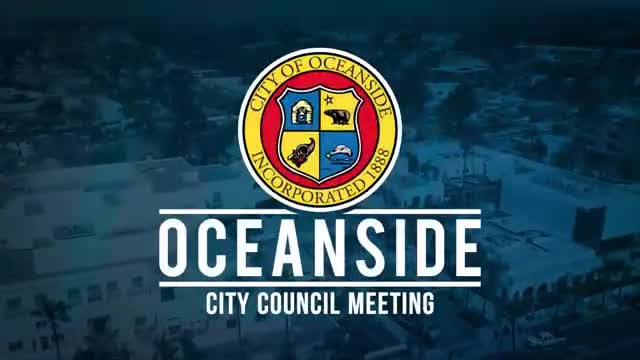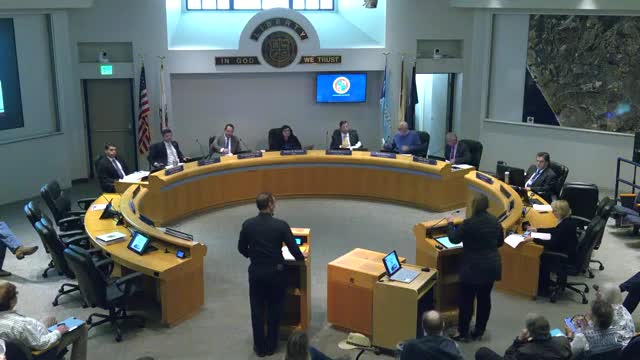Article not found
This article is no longer available. But don't worry—we've gathered other articles that discuss the same topic.

Oceanside council approves consent items, upholds park dedication; overturns planning commission on disputed balcony

Council overturns planning commission denial for unpermitted balcony at 1842 South Pacific

City receives Coastal Rail Trail feasibility study; consultants, staff outline preferred alignments

